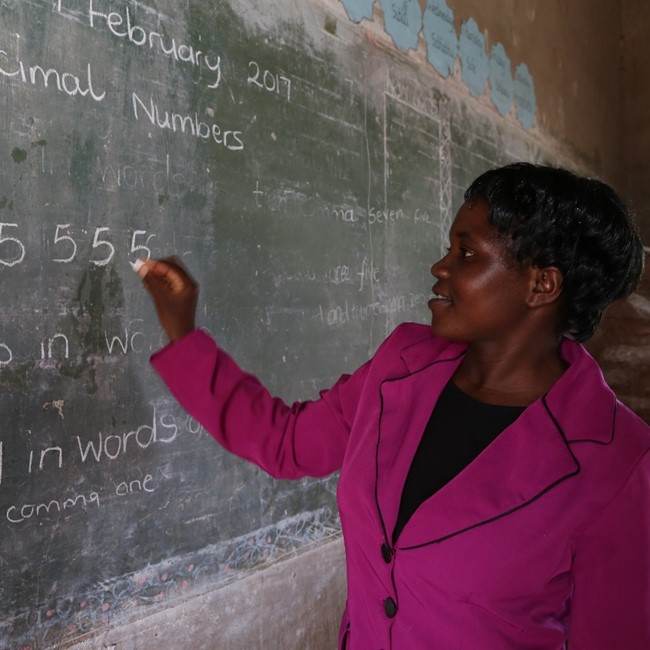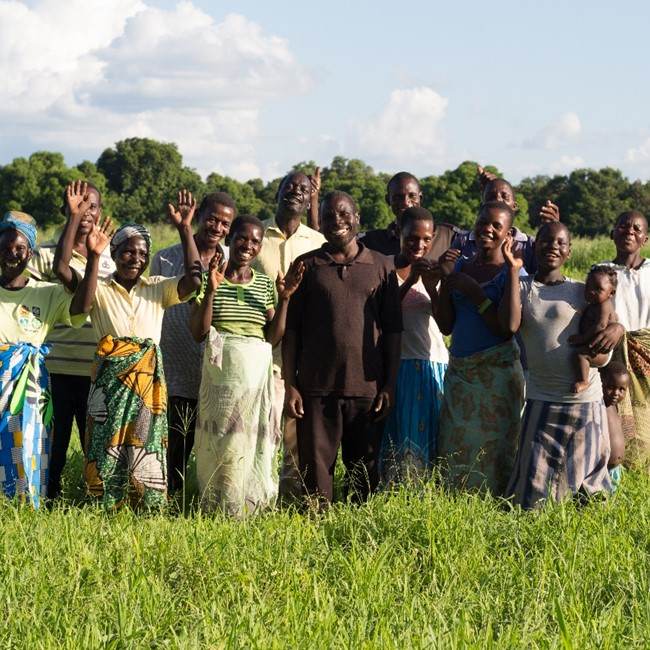Before the solar grid we had to buy expensive fuel for a diesel pump to water our crops. But when the pump broke we couldn’t repair it, so we couldn’t water the crops, leaving us without food or an income.
Mpokiseng Moyo – Farmer, Mashaba

In Southern Africa, it’s estimated that less than 5% of rural communities have access to electricity.
Before the solar grid we had to buy expensive fuel for a diesel pump to water our crops. But when the pump broke we couldn’t repair it, so we couldn’t water the crops, leaving us without food or an income.
Mpokiseng Moyo – Farmer, Mashaba

We’ve put together a bundle of practical solutions that really do help people change their lives. Teaming up with local authorities and energy suppliers, alongside running training and skill sharing on-location. The Sustainable Energy for Rural Communities (SE4RC) programme has delivered clean energy, and new opportunities, to 30,000 people.
Location: Gwanda district, Zimbabwe; Nsanje and Chikwawa districts, Malawi
Project date: February 2015 – January 2019
Partners: SNV Netherlands Development Organisation, Dabane Trust in Zimbabwe, Hivos, Churches Action in Relief and Development (CARD) and Environment Africa in Malawi
Funding: £5.6 million
Principal funders: European Union, OFID and GEF Small Grants Programme
This will also give me an opportunity to venture into other businesses such as video shows and barbershop. I will therefore generate enough income for my family. I will use the proceeds to buy food, pay school fees for my children and build a more decent house. I am seeing a prosperous life for my family. This project will indeed bail us out of dire poverty.
Kenes Piseni – Shopkeeper, Chipula village
Help us work with communities to tackle some of the world’s toughest problems.